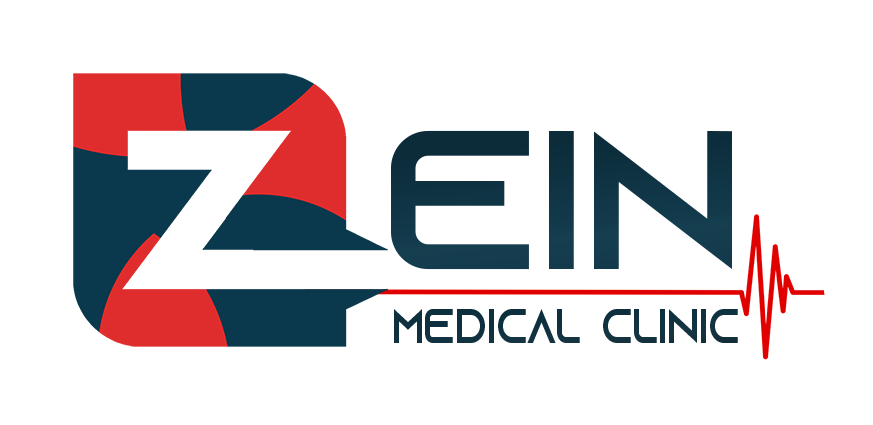Open heart surgery and arterial switch
Open heart operation
Is a process in which the thoracic wall is incisioned to perform surgery of the heart muscle, valves or arteries involves the surgeon performing a incision in the sternum and when the surgeon reaches the heart is installed an artificial heart-lung device to compensate for the work of the heart by pumping blood throughout the body during the operation the importance of this device is that it allows the surgeon enough time to work to repair the defect in the heart and as science progresses in recent years became conducted Open heart operations through small incisions between the ribs of the chest instead of the large incision in the sternum called minor interventional surgery.
Reasons for open heart surgery:
The purpose of the open heart operation is to improve blood flow to the heart muscle through what is known as coronary artery bypass (CABG), the most common type of open heart operation.
This process may be important for people with coronary artery dysfunction, i.e. they have blood vessels that provide the heart with narrowed oxygen and less flexible than normal vessels that have a wide and flexible shine.
Stiffness in blood vessels is caused by the accumulation of fat on the walls of the blood vessels that narrow it and thus the difficulty of running through blood, causing a lack of blood flow to the heart muscle, leading to a high risk of heart attack.
Here are the reasons for the open heart operation:
- Repair or replace a heart valve through which blood passes during the pumping process to all parts of the body.
- Implantation of a heart device helps control blood pumping and pacemakers.
- Treatment of heart failure.
- Treatment of coronary heart disease.
- Interference on damaged parts of the heart muscle.
- Repair of congenital defects in the heart.
- A new heart transplant with the so-called heart transplant.
Instructions to be adhered to before the open heart operation:
- Inform your doctor about taking blood-free medications because the doctor may ask you to stop them before the procedure.
- Inform your doctor of all the medications you are taking and it is best to bring them with you so that your doctor can see the scientific names and doses of your medications.
- The day before the procedure, your doctor may ask you to bathe in a certain type of soap that kills the bacteria on your skin, in order to reduce your risk of any bacterial infection during the operation, and your doctor may ask you to refrain from eating and drinking after midnight.
- Some tests are performed before the operation, such as: heart monitoring or blood samples to make sure you do not have any infection before surgery.
Health problems that can occur after an open heart operation:
- Bacterial infection in the incision on the sternum.
- Heart attack. Kidney failure.
- Pulmonary insufficiency.
- Chest pain in the surgical place.
- Bleeding and blood loss.
- Stroke
After the operation:
The patient is placed in intensive care for one day or more depending on the patient’s health condition until the patient wakes up from anesthesia, then some fluids are gradually inserted through an venous catheter into the blood vessels of the arm and the patient is provided with oxygen mask if needed, and then the patient is discharged from intensive care and resides in
The hospital for several days before being discharged home, during which time vital signs of arterial blood pressure, heart rate and blood oxygen satisfaction are monitored in the patient.
The duration of the patient’s stay in the hospital depends on the reason for which the open heart operation was performed, all of which is decided by the surgeon.
Our heart surgery team ensures that the patient is fully cared for from taking full care of the viability of the operating room in which the open heart operation is performed to keep our patient as far away from complications of surgery and even beyond surgical work from the services of outstanding and high quality hotel accommodation during his stay in the hospital in addition to staying in continuous communication and providing all the health advice that the patient must abide by so that he returns to his daily activities and work In full health and well-being.
This content has been approved by the doctors of Zein Clinic.
To contact the doctor and provide a free consultation, click here:
Did you like our topic? You can share it with your friends now!
Also read:
Why you should choose us

Accompaniment and translation

Transportation and transportation

Transfer to and from the airport


 واتساب
واتساب